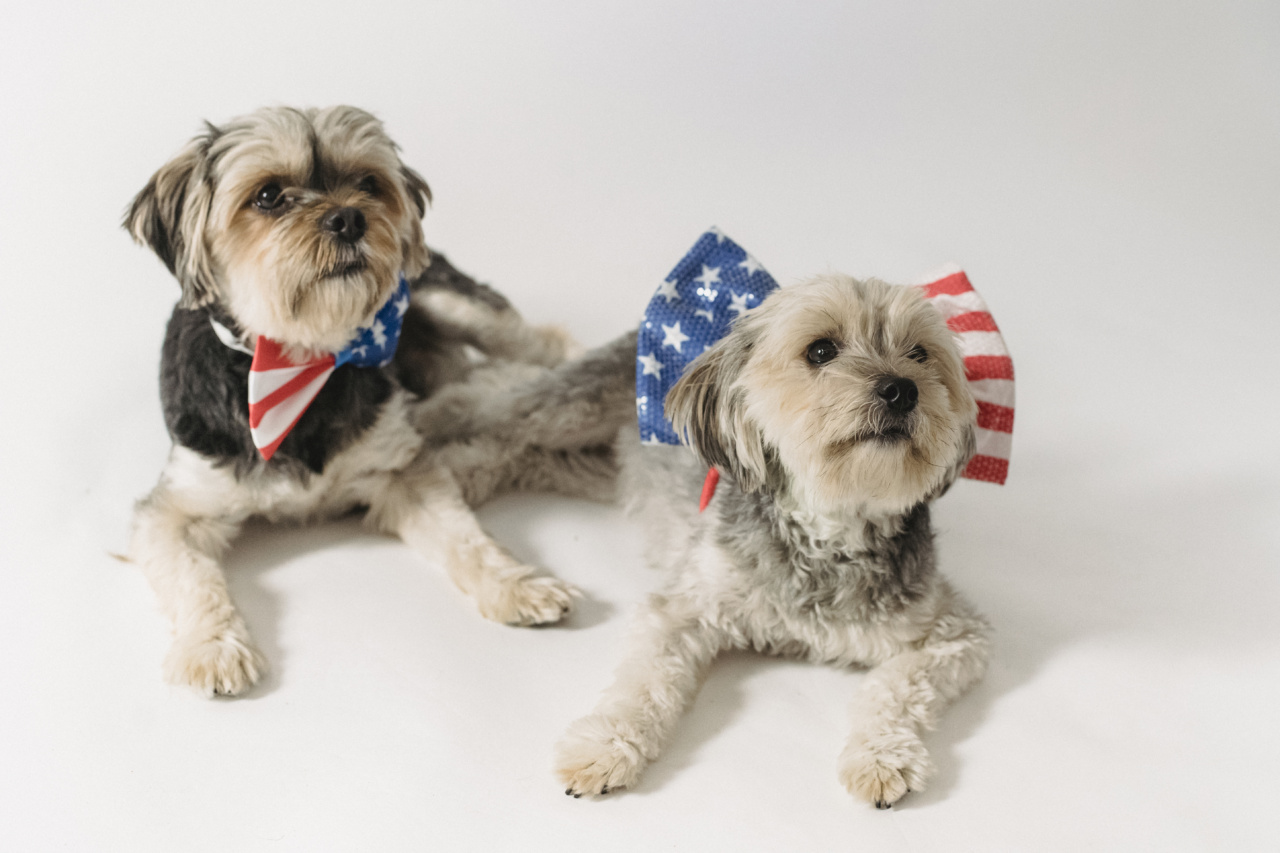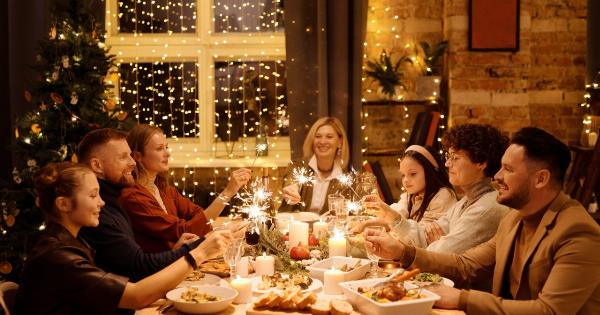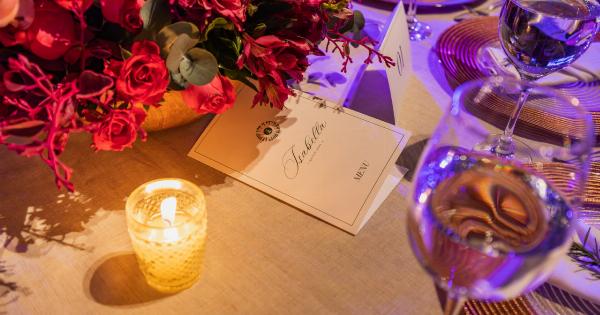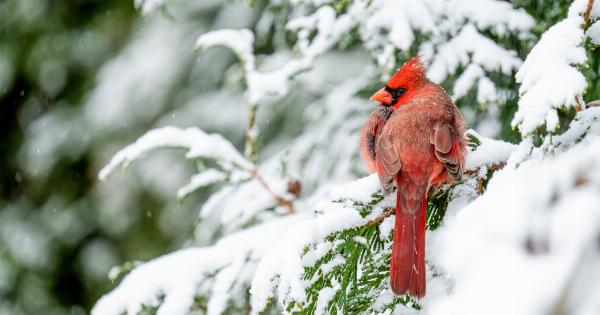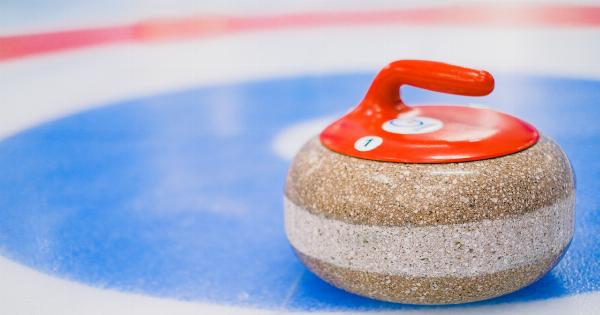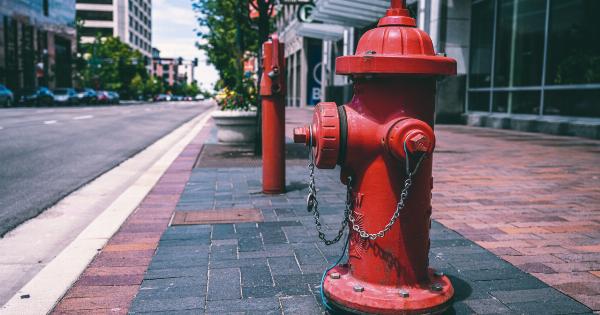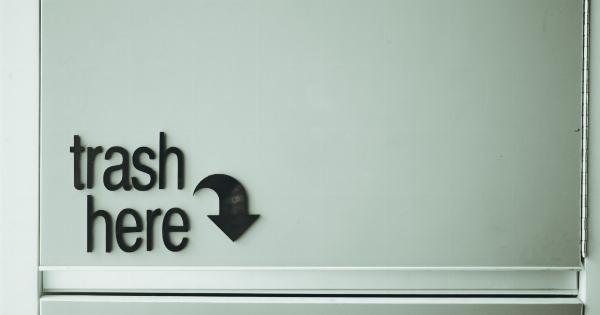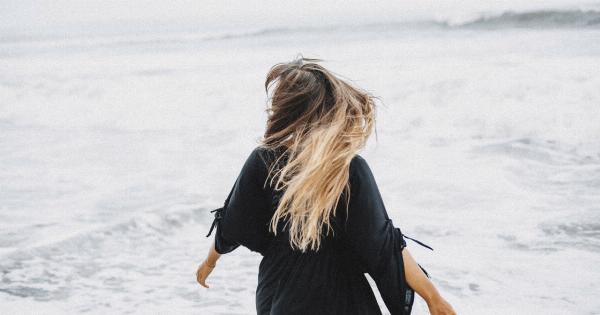The holiday season is a time of joy, celebration, and togetherness for many families. As we decorate our homes, prepare festive feasts, and exchange gifts, it is important to remember that these activities can have an impact on our furry friends too.
Dogs are a beloved part of our families, and their well-being should be prioritized during this busy time. In this article, we will explore the potential effects of holiday festivities on your pup and provide tips for ensuring their safety and happiness throughout the season.
1. Noise Pollution: Fireworks and Parties
Holidays often involve fireworks, parties, and gatherings with friends and family. While these events can be enjoyable for us, they can be highly stressful for dogs.
The loud noises, unfamiliar people, and disruptions to their routine can cause anxiety and distress. Some dogs may exhibit fear-based behaviors such as trembling, panting, hiding, or excessive barking. It is important to provide a safe and quiet space for your pup to retreat to, away from the noise and commotion.
Consider using white noise machines or playing calming music to help drown out the sounds of fireworks and parties.
2. Decorations and Choking Hazards
Holiday decorations are an integral part of the festive spirit, but they can pose risks to your pup. Trees adorned with tinsel, ornaments, and lights can be enticing to dogs, leading them to chew on or swallow these items.
Tinsel, in particular, is a common choking hazard and can cause intestinal obstructions if ingested. Keep fragile or hazardous decorations out of your pup’s reach, and consider using pet-friendly alternatives. Opt for sturdy ornaments, non-toxic plants, and ensure that wires and cords are securely tucked away to avoid any potential accidents.
3. Food Temptations and Toxicity
The holiday season is synonymous with delicious food and treats. However, many festive foods that are safe for us can be toxic to dogs.
Chocolate, alcohol, grapes, raisins, onions, garlic, and certain spices are just a few examples of human foods that should never be given to dogs. These foods can cause a range of health issues, from gastrointestinal upset to more severe conditions such as pancreatitis or even organ failure.
Make sure to educate your guests about what foods are off-limits for your pup and ensure all edible gifts and leftovers are stored securely to prevent counter-surfing or accidental ingestion.
4. Increased Stress and Changes in Routine
As we get caught up in the hustle and bustle of the holiday season, our dogs may experience increased stress and changes in their routine. This can be attributed to guests staying over, travel plans, or an influx of deliveries and visitors.
Dogs are creatures of habit, and sudden changes to their daily routine can be unsettling. To minimize stress, try to maintain your pup’s routine as much as possible. Stick to their regular feeding and exercise schedule, and if necessary, gradually introduce any changes well in advance of the festivities.
5. Travel and Boarding Dilemmas
If you plan to travel during the holiday season and cannot bring your pup along, you may face the dilemma of finding suitable accommodations for them.
Boarding kennels or pet sitters can be great options, but it is important to choose a reputable and trustworthy provider. It is recommended to visit the facility beforehand, ensure your dog’s vaccinations are up to date, and provide familiar items such as bedding or toys to make them feel more at ease during their stay.
6. Gift Giving for Your Pup
Amidst the excitement of exchanging gifts, it can be tempting to include your pup in the festivities by showering them with new toys and treats. While this is a lovely gesture, it is essential to consider the safety and appropriateness of the gifts.
Choose toys that are specifically designed for dogs, without small parts that could be easily swallowed or choked on. Avoid toys with squeakers that could be torn out and ingested. Additionally, be mindful of the ingredients in treats and ensure they are suitable for your pup’s dietary needs.
7. Cold Weather Precautions
The holiday season often coincides with colder weather in many regions, which means extra precautions need to be taken to keep your pup warm and safe.
Short-haired or small breed dogs may be more susceptible to the cold and should be provided with appropriate clothing or sweaters if necessary. When venturing outdoors, make sure to wipe your pup’s paws after walks to remove any ice-melting chemicals or salt that could irritate their paws or be toxic if ingested. Keep outdoor excursions short during extreme weather conditions.
8. Increased Human Activity and Attention
Holiday festivities often bring a whirlwind of excitement, increased human activity, and attention. While some dogs thrive on the extra attention, others may become overwhelmed or anxious.
It is important to observe your pup’s behavior and body language for signs of stress or fatigue. Provide them with a quiet space where they can retreat to if they feel overwhelmed, and ensure they have access to fresh water, a comfortable bed, and a safe place to rest.
9. Fire and Electrical Hazards
Candles, fireplaces, and electrical decorations are common elements of holiday decor. However, they can pose significant dangers to your pup if not carefully monitored.
Curious dogs may accidentally knock over candles or get too close to open flames, resulting in burns or even fires. Keep candles in secure holders and consider using flameless LED candles as a safer alternative. Ensure that electrical cords are hidden or secured to prevent chewing or tripping hazards for your pup.
10. New Year’s Fireworks
As the holiday season comes to a close, the arrival of the New Year often comes with a grand display of fireworks. These can be incredibly stressful for dogs, even those who have not been typically fearful of loud noises.
Plan ahead and create a safe and comfortable environment for your pup during the fireworks. Close windows and curtains to dampen the noise and flashes of light. Provide them with a cozy den-like space, and consider using anxiety-reducing wraps or vests that apply gentle pressure to help calm their nerves.
